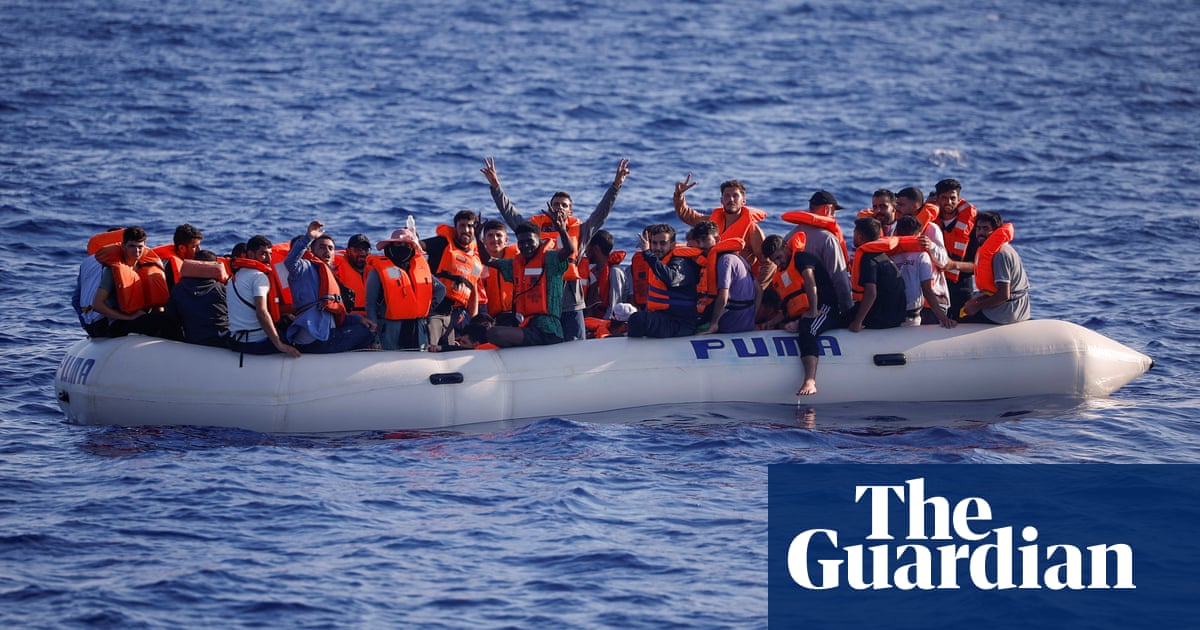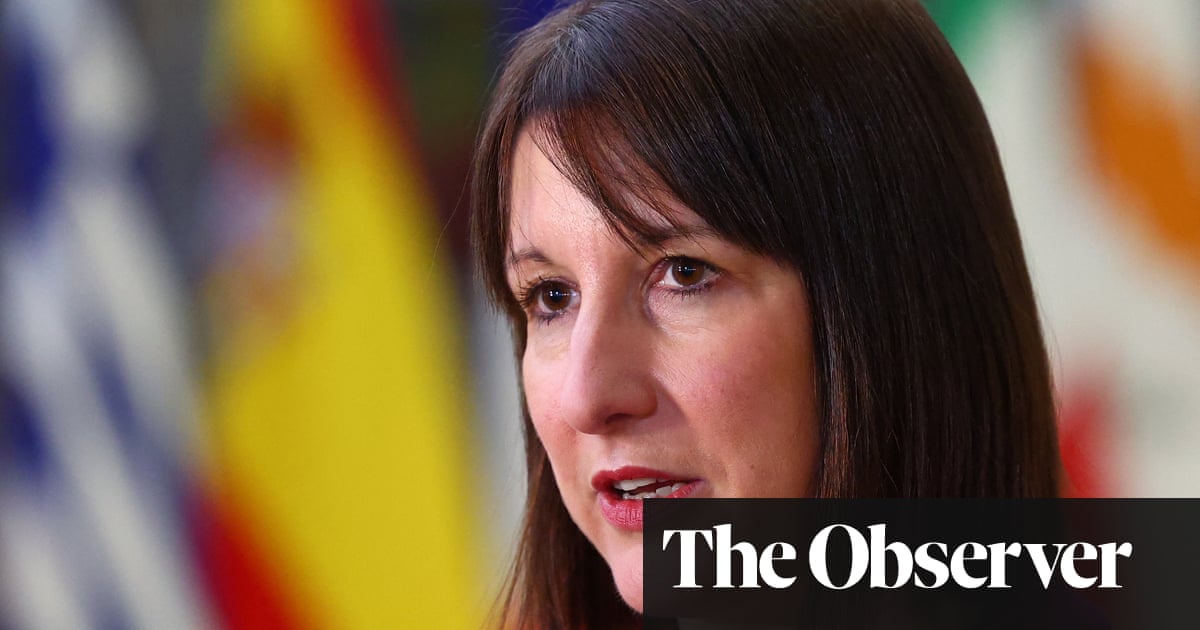How has Italy sought to cut irregular migration and could UK copy the policy?

- by Admin
- September 16, 2024

What policies has the Meloni government pursued?
Last September, Lampedusa was once again inundated with people after more than 11,000 arrived on the tiny southern Italian island, mostly from Tunisia, within a week.
The emergency highlighted Meloni’s struggles with maintaining her election campaign promise of curbing irregular migration to Italy, but it also marked a turning point. With Ursula von der Leyen, the president of the European Commission, by her side, the Italian leader vowed to get tough. She passed measures extending the amount of time people can be held in deportation detention centres to 18 months and ordered the construction of new centres.
Meloni was the key protagonist in a deal signed in July 2023 between the EU and Tunisia that meant paying the north African country millions of euros to stop migrant boats from leaving, as well as to invest in businesses and education, all with the aim of deterring migration.
The policy bore little fruit in the early stages, but now the deal, along with another – first struck by Italy in 2017 – that equips and trains the Libyan coastguard to stop people leaving, is credited with reducing inflows.
This year, Meloni travelled to Tunisia and Libya to put pressure on their leaders to reinforce those pacts and curb irregular migration more dramatically.
Italy also made a deal with Albania under which men arriving on boats from north Africa would be taken to centres in the neighbouring country to have their asylum claims processed. However, there has been no tangible progress on the complex scheme, which, if it takes effect, would cost Italy €670m (£560m) over five years.
The Meloni government has also enacted draconian policies against charity ships in the Mediterranean, with captains facing huge fines if they carry out more than one rescue operation at a time.
What has happened to immigration figures since the Meloni government took power?
During Meloni’s first year in power, the number of people arriving in Italy by boat rose sharply, with the total reaching 125,806 in 2023, almost double that of 2022. But arrivals so far this year have dropped to 44,465, according to the latest data from the Italian interior ministry.
Meloni will point to the Tunisia and Libya deals for this achievement. Given that Italy is hosting the G7 presidency this year, there are suspicions of additional payouts to what Francesco Gallieti, the co-founder of Policy Sonar, a political consultancy in Rome, called “the logistical springboards”. Gallieti said: “There is clearly some truce. Meloni did not want Italy to be inundated [with people arriving] for the duration of the G7. How do you stop them coming otherwise?”
How have rights groups and others reacted to Italian measures?
Italy’s approach has long been criticised by humanitarian groups. The deal with Libya, which essentially pushes people back to detention camps where they face torture and other abuses, was first struck by a centre-left government in 2017 and is renewed every three years. Similar concerns have been raised about Tunisia.
Despite the policies, people still attempt to cross the Mediterranean and many die along the way. According to figures from the international organisation for migration (IOM), more than 1,400 people have died or gone missing in the central Mediterranean since January. At least 11 were confirmed to have died in two separate shipwrecks close to Italy’s shore in June.
How applicable is the Italian approach to the UK situation?
Starmer can “learn” about the Italian approach, but it won’t be so easy to apply.
“It’s puzzling that Starmer is looking for advice from Rome,” said Wolfango Piccoli, a co-president of political risk advisory at the London-based research company Teneo. “The immigration challenge faced by both countries is different. Rome can throw money and some kind of assistance to Tunisia and Libya, hoping it will reduce the inflow. This is not an option for London. Immigrants arrive from France. More than anything, the visit shows how sensitive the matter is to Starmer, whose popularity is declining rapidly.”
The Latest News
-
December 23, 2024Christmas shopping from a more civilised age! As Britain is gripped by festive getaway chaos and a looming recession, how the country used to get its last-minute purchases done in style
-
December 23, 2024Play North® invests in The Netherlands with Dutch online casino brand: Kansino
-
December 23, 2024On board with the pilots doing one of Britain’s toughest jobs
-
December 23, 2024Christmas Travel LIVE: Traffic chaos on motorways while flights cancelled
-
December 23, 2024UK economy stagnates as GDP figures revised down





